
views
Sunaina Kinnar from Dhanbad, Rajan Singh from South Delhi and Durga Mausi from Damoh are the names you may have missed in the high-profile 2024 Lok Sabha contest. Because they are not candidates from any of the major parties. They are the three transgender candidates fighting independently the elections and the odds society throws at them.
India is yet to see a transgender person elected to the Lok Sabha and it doesn’t seem likely in the ongoing elections either.
In the Lok Sabha elections, 48,260 third gender voters were part of the electoral rolls across India. As per the Election Commission of India, Tamil Nadu has the highest number of third gender electors at 8,467, followed by 6,628 in Uttar Pradesh and 5,720 in Maharashtra. Interestingly, no transgender candidate is in the fray in these three states. The EC will issue the gender-wise candidate data after the election results on June 4.
The 2019 and 2014 elections each saw the participating of six transgender candidates, all of whom ended up losing their election deposits.
Speaking to News18, Rajan Singh, the candidate from South Delhi, questioned why the country has not elected any transgender candidate yet.
“Electing a transgender as an MP is important because Parliament gives rights to individuals in the country. We don’t have anyone to raise our issues and voices. I was the first transgender candidate in the Lok Sabha elections from Delhi. I had to seek police protection to contest the elections. The Delhi High Court granted me the protection for filing nominations,” they said.
After facing a life-threatening attack in April, Singh had moved the court seeking security.
Speaking about the identity struggle for the community, Singh said that for men and women it is simple as from birth they have just one identity, but it is not the same for transgender persons.
“I was born a male. In 2022, I was issued a transgender certificate. Now for elections, I am the third gender. I am undergoing treatment and after 2026, I will be a woman. I will have undergone four identities to be what I should be. It is a battle for identity,” Singh added.
They went on to say that India has an animal welfare board that cares about dogs, cats, elephants and all other animals. They were given a space and identity in society. “But we don’t have an identity. Who are we in this country?”
Singh also raised the demand for a separate toilet and queue for transgender people. “Women, divyang people and senior citizens get reservations everywhere. I am not against it. But there could have been something more for us in this society,” they added.
Singh further said that just like there are dedicated schools and colleges for men and women, there should be similar spaces for transgender persons too. The 26-year-old from Delhi’s Sangam Vihar had demanded reservation for transgender persons in public spaces – buses, Metro and toilets, a demand not supported by many others in the community who say they seek inclusivity instead.
In Dhanbad, 22-year-old Muskan, the adopted granddaughter of transgender candidate Sunaina Kinnar, had a different view on the issue. While Sunaina could not be contacted, her granddaughter, who also identifies as a transgender person, spoke to News18.
According to Muskan, transgender persons are very much a part of this society and there is no need for a separate space for them.
“The society should accept us normally. We are very much its part. Why are we made to feel that we are different? I don’t think there should be a separate dedicated space for us, but schools and colleges should be welcoming enough that we don’t feel like outsiders,” said Muskan, who has completed her education in nursing.
Recalling her college and school days, she said she was humiliated a number of times for her identity, but it was her grandmother, whom she calls naani, who encouraged her to continue with her education.
“There were phases when I wanted to quit. But naani was very supportive and she encouraged me to complete my education. I want others to get an education and I want policies to be inclusive for transgender persons too,” she said.
Asked why Sunaina decided to contest the polls, Muskaan said there is much poverty in the area, not just in the transgender community, and that her grandmother wanted to be the face of those not being considered by bigger parties.
“We need someone who can understand and raise our issues. I want my naani to win so that our voices are heard,” she added.
Rajan Singh had also raised the issue of polling booths divided among men and women, and said they saw people from the transgender community who were not comfortable in standing in the gendered queues. Singh, in fact, refused to vote unless a separate line for transgender persons was allowed. Later, on their demand, polling officials started a temporary third queue.
Speaking to News18, a 25-year-old transgender person from Delhi, who did not wish to be named, said she left the polling booth as there were no separate lines and the police officials were forcing her to stand in the line for men.
“I was born a male and identify as a woman. They wanted me to stand in a line for men because of my outer appearance. I decided not to create a scene and told them to let me stand in the line for women, but they refused saying the women will not be comfortable. So I left the booth without casting my vote because I was not comfortable. No matter what they say, this is our everyday battle. Society does not accept us even though (the transgender community) has been there since the time of Ramayana and Mahabharat,” she said.
Dr Karthik Bittu, professor at Ashoka University and LGBTQIA+ activist, agrees that there should be space for non-binary people at polling booths.
“I don’t think we need a separate line or toilets, but polling booths are usually divided into men and women. One should ensure that there should be a non-binary category as well. And if they are going with gendered toilets and queues, there should be one for us as well,” Dr Bittu said.
News18 reached out to officials at the Election Commission for a comment on the issues raised by the transgender community. This story will be updated if and when a response is received.
On at least 50 Lok Sabha seats that voted in the first six phases, the turnout of the third gender community was in the single digits. Of these 50 seats, 23 are in Uttar Pradesh and 21 in Bihar.

But there is some silver lining as well. While the voter turnout in the men-women category across the country was around 60-70%, for the transgender community it touched 100% in at least three Lok Sabha seats – Jharkhand’s Palamau and Meghalaya’s Shillong and Tura. Meghalaya has just three transgender voters and all came out to vote.
Read The Latest Updates On Lok Sabha Election 2024 Here.










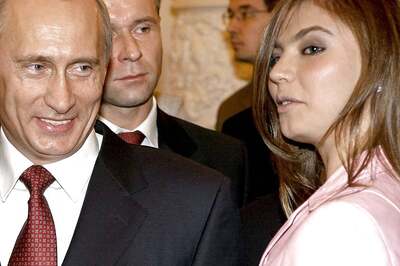
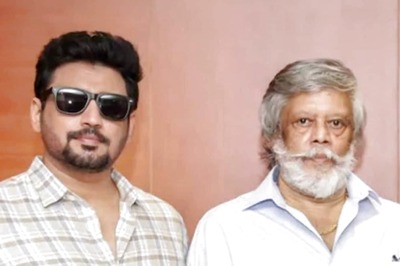

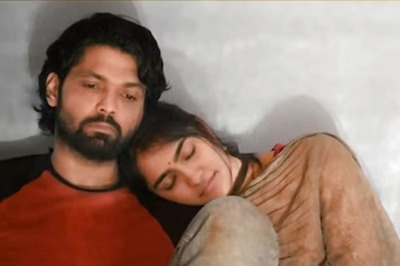
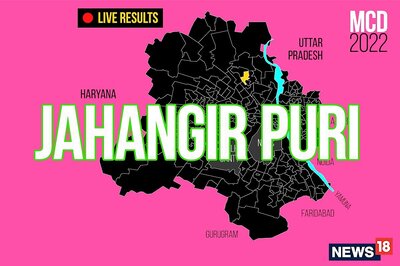
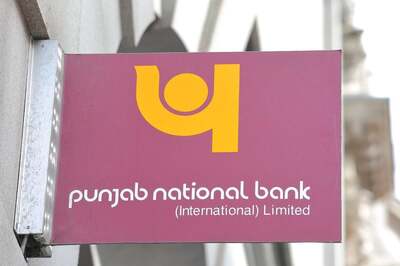
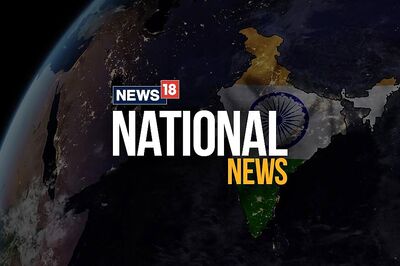


Comments
0 comment